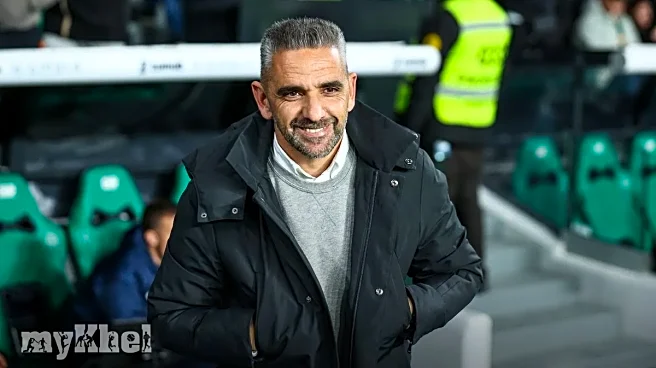What is the story about?
Keir Starmer met with a key architect of India's digital ID program, as the British Prime Minister sought guidance on implementing a similar system in the UK.
Starmer spoke with Infosys Ltd co-founder Nandan Nilekani, who is widely credited with implementing India's Unique ID Card in 2009, on Wednesday (October 8) as part of his two-day visit to Mumbai. The Prime Minister's spokesman Dave Pares told reporters on Wednesday that Starmer "wanted to hear from him" as the government seeks to roll out a national identification card.
It comes after Starmer has set out his ambitions for the UK to have a digital ID system on people's smartphones, which he says will help tackle the problem of migrants being lured to the country on the promise of illegal work. Aside from being used to prove the right to work, regular Britons could also use the system to help them access all government services through one portal, Starmer has said.
Such an idea, which was mooted and rejected in the 2000s, is unpopular with people across the political spectrum who believe it would allow the government to exert control over where people spend their time, collect valuable data on their activities, or exclude the vulnerable.
Speaking to journalists during the Mumbai trip, Starmer said his proposed smartphone-based ID was needed to "address the fact that too many people can come to this country to work illegally".
Starmer said it would become mandatory for migrants to show the digital ID to prove they had the right to work. He added that the government should make the case for other people to use it too, since "it would be a good passport".
"I don’t know how many times the rest of you have had to look in the bottom drawer for three bills when you want to get your kids into school, or apply for this or apply for that," he said, referring to a system many institutions have in place to check someone's identity by cross-referencing it with their utility bills. "I do think we could gain a significant advantage."
Starmer said India had "already done ID and made a massive success of it," adding that "one of the meetings I’ll be having is about ID."
'Huge benefits'
The premier travelled to India on Tuesday with 125 UK business and cultural leaders to tout the free trade agreement the two countries signed in July. Both Starmer and his Indian counterpart, Narendra Modi, are expected to deliver a keynote speech at the Global Fintech Fest on Thursday (October 9), after holding a bilateral meeting in the morning.
Starmer declined to tell journalists whether he would suggest to Modi in that meeting that India should stop purchasing oil from Russia, "Our position on Ukraine is very, very clear," Starmer said.
When Modi visited Chequers, the Prime Minister's country residence, to sign the trade deal in July, Starmer said it would bring "huge benefits to both of our countries" by boosting wages, raising living standards and bringing down prices for consumers. It's the first such trip by a British Prime Minister since Theresa May visited in the immediate aftermath of her country's vote to leave the European Union nine years ago.
Starmer has spent the trip so far meeting with business leaders. According to his office, deals announced as a result of his trip to India will create almost 7,000 new jobs, with 64 Indian companies investing £1.3 billion ($1.7 billion) in the UK.
They include Mastek, a digital engineering firm that is investing £2 million to open a new AI and Experience Centre in London and a Leeds office, and Hero Motors Company, which is investing £100 million in the UK into engineering and design of e-mobility, e-bicycles and aerospace products.
Earlier Wednesday (October 8), Starmer visited a new Premier League football community program to meet aspiring young Indian footballers, and attended a set of production company Yash Raj Film, which announced it would be filming three Bollywood films in the UK from next year.
Starmer spoke with Infosys Ltd co-founder Nandan Nilekani, who is widely credited with implementing India's Unique ID Card in 2009, on Wednesday (October 8) as part of his two-day visit to Mumbai. The Prime Minister's spokesman Dave Pares told reporters on Wednesday that Starmer "wanted to hear from him" as the government seeks to roll out a national identification card.
It comes after Starmer has set out his ambitions for the UK to have a digital ID system on people's smartphones, which he says will help tackle the problem of migrants being lured to the country on the promise of illegal work. Aside from being used to prove the right to work, regular Britons could also use the system to help them access all government services through one portal, Starmer has said.
Such an idea, which was mooted and rejected in the 2000s, is unpopular with people across the political spectrum who believe it would allow the government to exert control over where people spend their time, collect valuable data on their activities, or exclude the vulnerable.
Speaking to journalists during the Mumbai trip, Starmer said his proposed smartphone-based ID was needed to "address the fact that too many people can come to this country to work illegally".
Starmer said it would become mandatory for migrants to show the digital ID to prove they had the right to work. He added that the government should make the case for other people to use it too, since "it would be a good passport".
"I don’t know how many times the rest of you have had to look in the bottom drawer for three bills when you want to get your kids into school, or apply for this or apply for that," he said, referring to a system many institutions have in place to check someone's identity by cross-referencing it with their utility bills. "I do think we could gain a significant advantage."
Starmer said India had "already done ID and made a massive success of it," adding that "one of the meetings I’ll be having is about ID."
'Huge benefits'
The premier travelled to India on Tuesday with 125 UK business and cultural leaders to tout the free trade agreement the two countries signed in July. Both Starmer and his Indian counterpart, Narendra Modi, are expected to deliver a keynote speech at the Global Fintech Fest on Thursday (October 9), after holding a bilateral meeting in the morning.
Starmer declined to tell journalists whether he would suggest to Modi in that meeting that India should stop purchasing oil from Russia, "Our position on Ukraine is very, very clear," Starmer said.
When Modi visited Chequers, the Prime Minister's country residence, to sign the trade deal in July, Starmer said it would bring "huge benefits to both of our countries" by boosting wages, raising living standards and bringing down prices for consumers. It's the first such trip by a British Prime Minister since Theresa May visited in the immediate aftermath of her country's vote to leave the European Union nine years ago.
Starmer has spent the trip so far meeting with business leaders. According to his office, deals announced as a result of his trip to India will create almost 7,000 new jobs, with 64 Indian companies investing £1.3 billion ($1.7 billion) in the UK.
They include Mastek, a digital engineering firm that is investing £2 million to open a new AI and Experience Centre in London and a Leeds office, and Hero Motors Company, which is investing £100 million in the UK into engineering and design of e-mobility, e-bicycles and aerospace products.
Earlier Wednesday (October 8), Starmer visited a new Premier League football community program to meet aspiring young Indian footballers, and attended a set of production company Yash Raj Film, which announced it would be filming three Bollywood films in the UK from next year.
/images/ppid_59c68470-image-175998253936540424.webp)

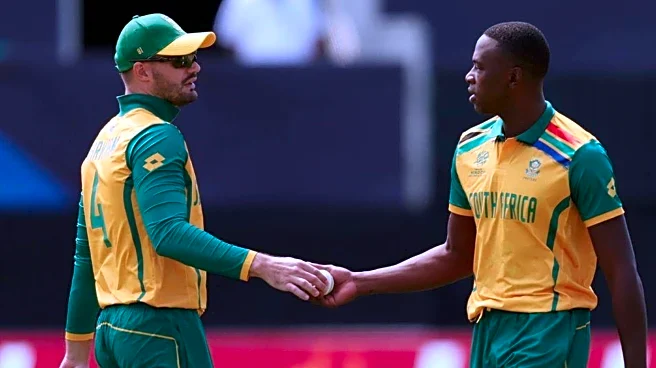

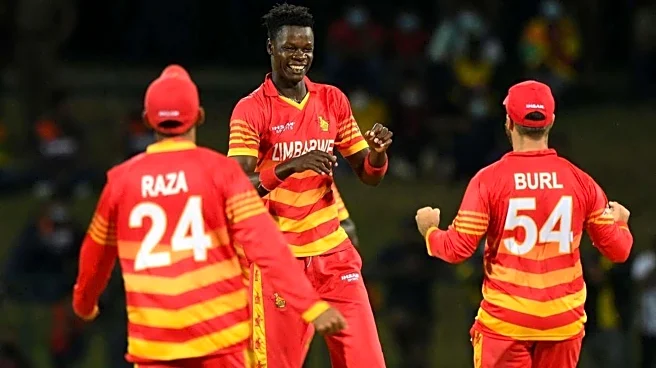
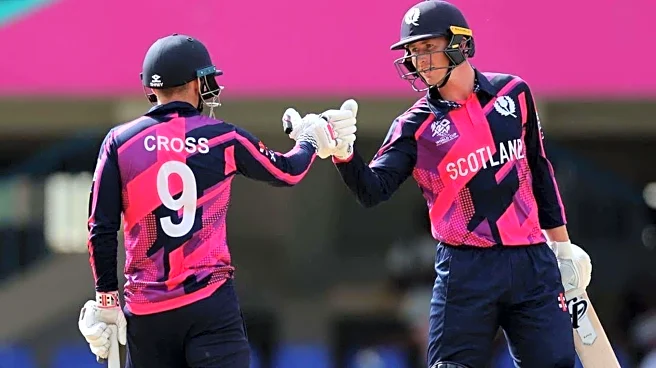
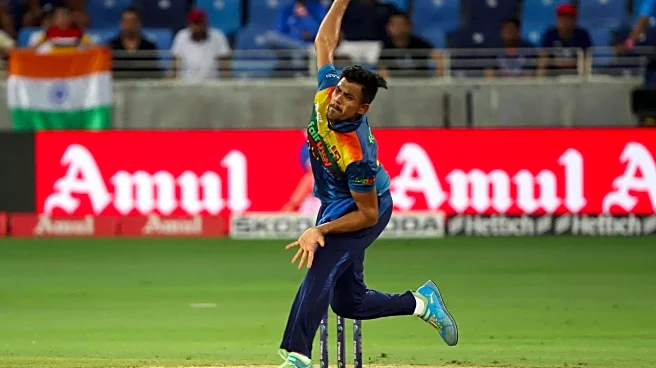
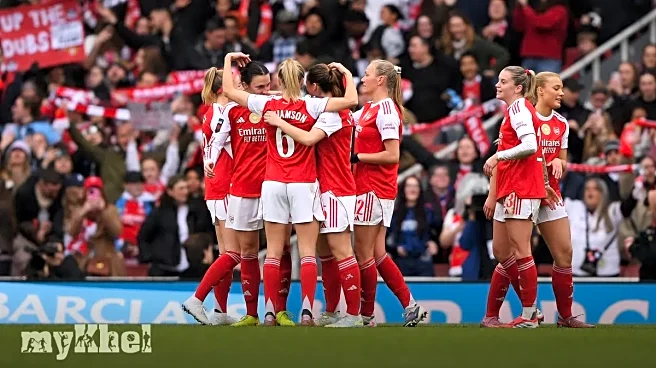

/images/ppid_a911dc6a-image-177057403153775600.webp)

/images/ppid_a911dc6a-image-177057307908474082.webp)
/images/ppid_a911dc6a-image-177057304416814697.webp)
/images/ppid_a911dc6a-image-177057311727451341.webp)
